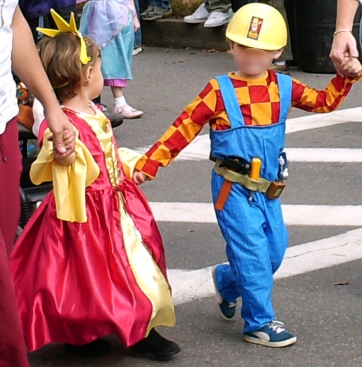
"hopefully this sense of passivity that develops in girls from reading fairy tales no longer exists" — laura.
the cinderella complex by colleen dowling
"the collapse of ambition" explains the problematic tradition of women who are trained to need the guidance and companionship of a man — they need to be "saved." men are trained to be just the opposite, taught to be independent and self-sufficient
-the author dowling for years had carried on a facade of sophisticated independence before realizing she was the same way @ age 35. after doing the single mom life for a while, she thought she found the "perfect companion." she had moved out of NYC to upstate NY, got a big house and started doing household duties, gained weight, slept in, lost the drive to write and be "productive."
-this is partly b/c relationships bring "stability" to people's lives. still, *i'm so much more attracted to a girl that doesn't need a guy, like she's totally fine on her own; most guys who disagree are just intimidated by that type of girl*
-in the 1970's tv shows put on the "dikey-est" woman on to talk about "feminism;" not a wholly accurate portrayal ... anytime you say "oh my god," whether you're an atheist or not, you're subscribing to monotheism ... people unconsciously subscribe to similar notions of male/female relationships ... when laura got her ph d from cornell, she assumed all professors were male (these are learned gender stereotypes) ... vs. secretary, stenographer, etc. these are all passive (i.e. "feminine") professions. in general, some theorists argue that our culture is always some form of personal amputation (even some men buy in to their traditional roles and become workaholics b/c they are taught too...)
QUIZ
jeannette winterson's weight : the effects of artistic retelling of stories; does art counteract ideology (wounded by wishes)?
yes.
it's kind of like the game telephone. each time a story is retold, it inevitably changes a little. "i like to take stories we think we know and record them differently," says winterson. "in the re-telling comes a new emphasis or bias, and the new arrangement of the key elements demands that fresh material be injected into existing text."
by that, winterson asserts that her newer versions of classical tales throw readers for a loop. by adding to, and changing pre-existing material, the author is able to change current notions of myths and ideologies from the past.
one of the things i liked best about winterson's essay was something quite simple. in explaining the process of rewriting an existing story, she writes, "the writer must fire HERself through the text..." for 21 years i've read him, he, himself, his — so much so, that anytime i come across a her, i do a double take. it goes even further than saying him/herself. i like it. it's progressive.
in a small way, it changes my inherent bias that i fight against on a daily basis. it's like in some ways, i'm trying to unlearn certain, seemingly harmless, sexist notions that went on for years w/o me noticing.
modern media ("the noisy echoing nightmare of endlessly breaking news and celebrity gossip...") floods our consciousness. it is our job as consumers (of everything) to sort through the patriarchal piles of b/s and hear the "other voices."

No comments:
Post a Comment